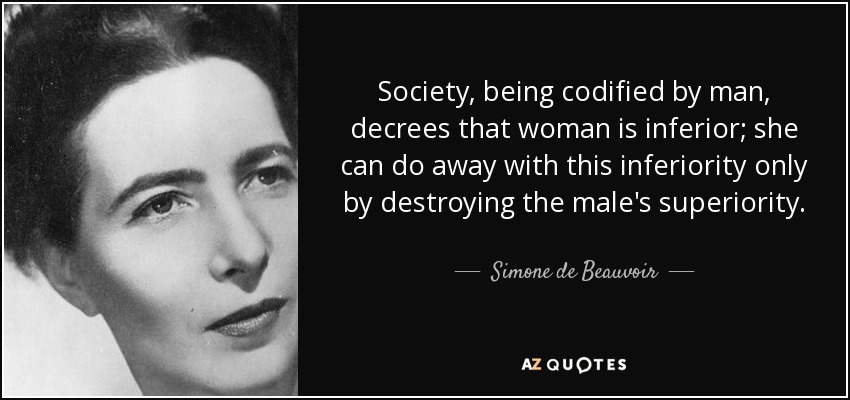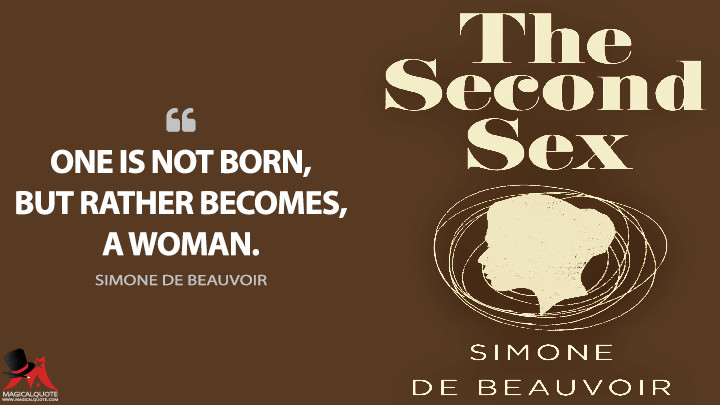
Freedom is more than an abstraction, it is a concrete process of choosing goals and acting on them, thereby defining oneself. An existentialist ethics is fundamentally concerned with the individual’s assertion of their own freedom and recognition of the freedom of others. Accordingly, freedom is, not only autonomy or the human capacity to choose our ends and goals, but it is also an end or goal that we set for ourselves.

As I discussed in my previous post on Beauvoir, an existentialist ethics must be tied to a philosophy of liberation.

In this blog post, I will be continuing our discussion of Simone de Beauvoir’s development of an existentialist ethics in her 1947 work, The Ethics of Ambiguity.


 0 kommentar(er)
0 kommentar(er)
